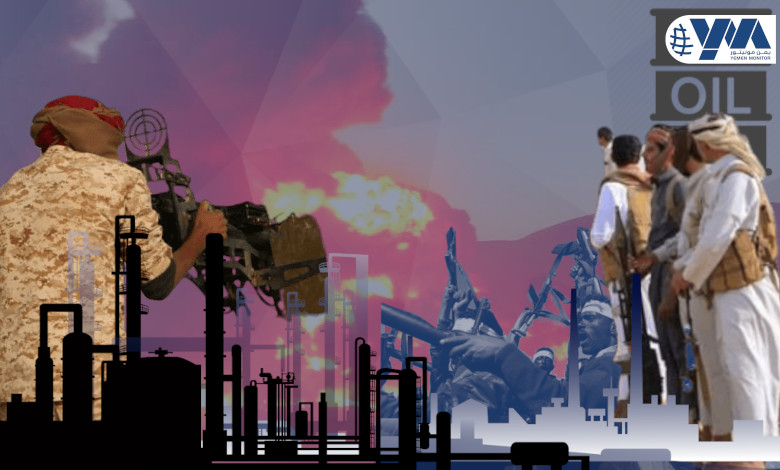An official end to the tension in Marib with the tribes

Yemen monitor / Marib
Official sources confirmed, on Wednesday, the end of the crisis in the province of Marib between the local authority and tribes opposed the raising of the oil derivatives price.
The sources said that the sit-ins in what was known as “Almtareh” site left “AL-dhamein” area of the international line near the strategic oil and gas facility “Safir”.
Earlier, armed tribals had gathered in “AL-dhamein” area since December 18th near the international road through which oil tankers leaving the oil company “Safer” . Last week, three soldiers were killed by two tribal attacks, and on December 20th, a tanker driver was killed while another tanker was burned, and three persons of armed tribals were killed during their clashes with government forces in “Al-dhamein
Yemeni oil company ,Marib branch, has already announced a new pricing for gasoline, to 9,750 Yemeni Riyals (6.3 USD) for a 20-liter gasoline plate, up from 3,500 Yemeni Riyals (2.3 dollars), which was the previous price for years.
The increasemet of the prices came in implementation of the decision of the Council of ministers regarding the implementation of economic reforms and strengthening state resources.
A tribal source said that based on the mediation of tribal leaders and with the understanding of the local authority, an agreement was reached to resolve the crisis, involving “postponing the decision of raising gasoline prices.”
The agreement also including : the formation of a Presidential Committee consists of personnel from both sides “the government and the tribes” to discuss the impact of the decision on the lives of people in the province while the agreement does not include a timelimit for postponing the increasement of gasoline prices .
A person in charge in the Yemeni government, which is located in Aden, its temporary capital, told “Yemen monitor” that 157 Yemeni Riyals, or 1 US cent, is not enough to produce a liter of gasoline”
He added: the sale value does not cover the cost of production, so the government needs to move the price, which is much lower than the rest of the Yemeni governorates under the control of the government.




